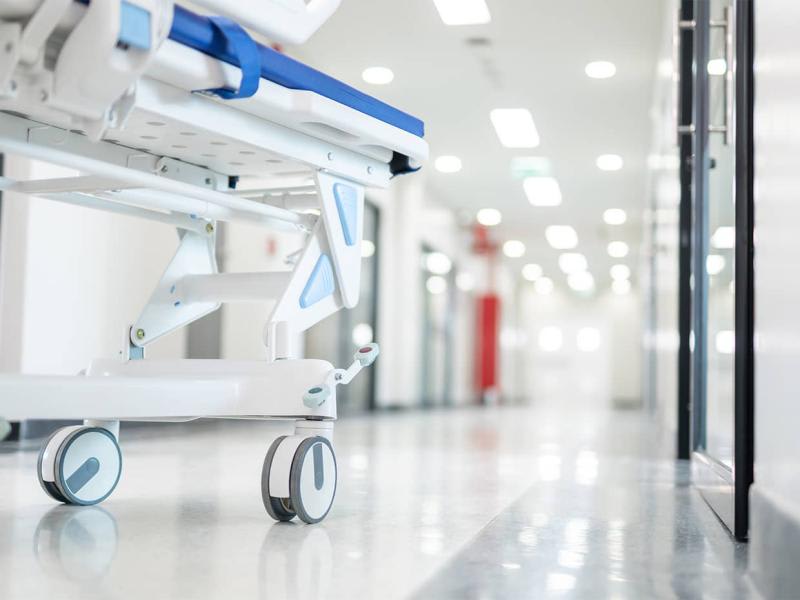Last month, the NSW Court of Appeal overturned a ruling by the NSW Supreme Court and held that Uber Australia was liable for payroll tax on payments made to its drivers.
This ruling has significant implications for medical practices given that the Court of Appeal relied on previous rulings from two court cases involving healthcare services – specifically Thomas and Naaz Pty Ltd v Chief Commissioner of State Revenue (medical practices) and Commissioner of State Revenue v Optical Superstores Pty Ltd (optometry practices).
Payroll tax in contractor arrangements has long been a point of contention in the sector, and has recently become a particular focus for medical practices given its ties to incentivised bulk billing. The NSW Government, for example, legislated payroll tax exemptions for medical practices that meet certain bulk billing thresholds.
Practice owners who have been sitting on the sidelines, relying on the terms of their contractor agreements as a defence if a payroll tax issue were to arise, should be aware that contract wording did not shield Uber from liability. While Uber argued that the contracts showed they were merely a middleman for payments, the Court held that the true nature of the contract and relationship didn’t support this argument.
In considering the very real implications for medical practices, it’s reasonable to assume that payroll tax will now affect most GP arrangements. Exceptions would be limited to highly specific circumstances, such as contracting a specialist for a short period or engaging a locum doctor for emergency cover. In both cases, the clinic would be able to show that the contractor offers comparable services elsewhere.
The same principles will apply to healthcare services more broadly – be it psychologists, dentists, chiropractors, podiatrists, and so on – with the key implications being:
- greater scrutiny over contractor agreements and how they are structured in practice
- a need to revisit contracts to determine if they reflect genuine independent arrangements
- the risk of retrospective payroll tax assessments and significant liabilities
- the viability of current pricing and bulk billing models
- the true value of relief measures offered at both a state and federal level
This is not a mandate to bulk bill, nor a reason to close your practice under the combined pressure of payroll tax and insufficient MBS rebates.
As the business owner, this is your chance to review what’s unfolding and decide how best to respond. With a clearer understanding of how payroll tax rules now apply, you have an opportunity to make informed choices about how you want to move forward.
For a confidential discussion about the implications of the Uber case for your medical practice, contact Peter Nicol on 02 6057 3000.
Curious for more? This article is one chapter in a series— head over to Part 1 and Part 3 to continue the journey.





